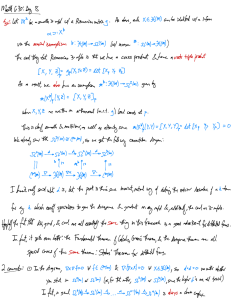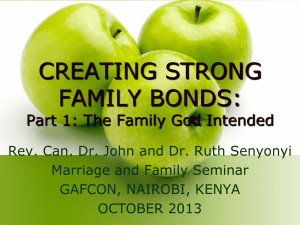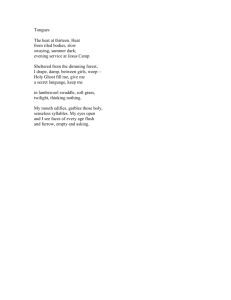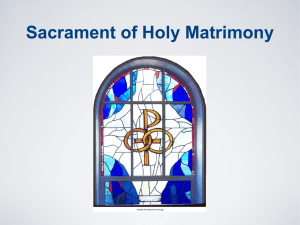Every man partakes of the divine nature in both
advertisement
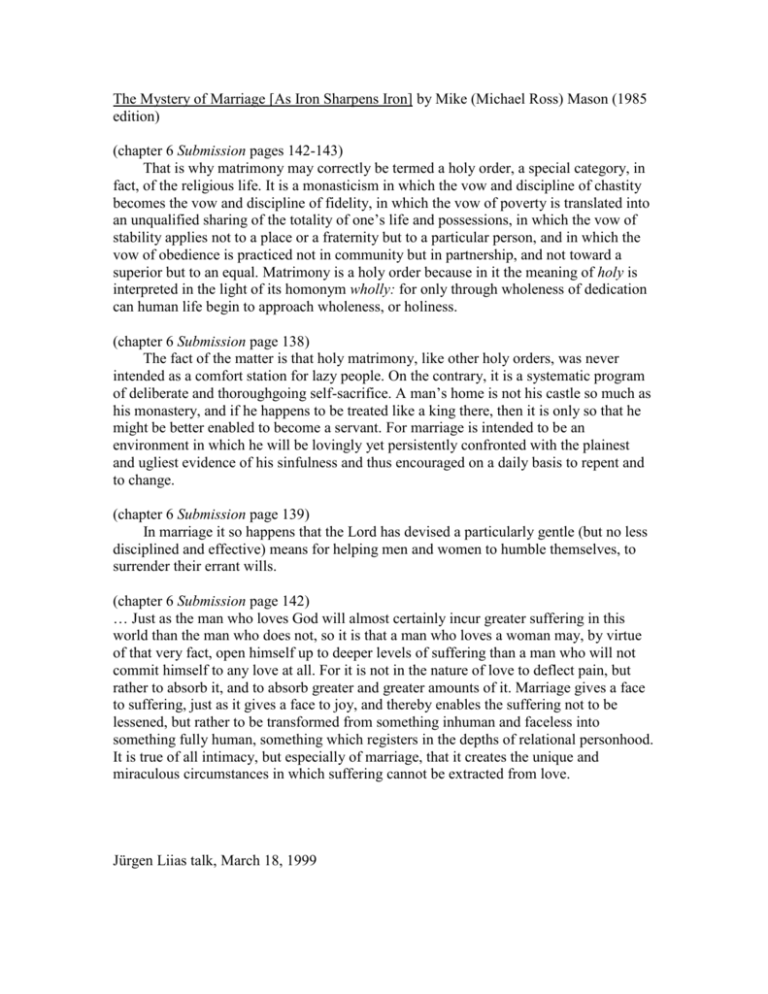
The Mystery of Marriage [As Iron Sharpens Iron] by Mike (Michael Ross) Mason (1985 edition) (chapter 6 Submission pages 142-143) That is why matrimony may correctly be termed a holy order, a special category, in fact, of the religious life. It is a monasticism in which the vow and discipline of chastity becomes the vow and discipline of fidelity, in which the vow of poverty is translated into an unqualified sharing of the totality of one’s life and possessions, in which the vow of stability applies not to a place or a fraternity but to a particular person, and in which the vow of obedience is practiced not in community but in partnership, and not toward a superior but to an equal. Matrimony is a holy order because in it the meaning of holy is interpreted in the light of its homonym wholly: for only through wholeness of dedication can human life begin to approach wholeness, or holiness. (chapter 6 Submission page 138) The fact of the matter is that holy matrimony, like other holy orders, was never intended as a comfort station for lazy people. On the contrary, it is a systematic program of deliberate and thoroughgoing self-sacrifice. A man’s home is not his castle so much as his monastery, and if he happens to be treated like a king there, then it is only so that he might be better enabled to become a servant. For marriage is intended to be an environment in which he will be lovingly yet persistently confronted with the plainest and ugliest evidence of his sinfulness and thus encouraged on a daily basis to repent and to change. (chapter 6 Submission page 139) In marriage it so happens that the Lord has devised a particularly gentle (but no less disciplined and effective) means for helping men and women to humble themselves, to surrender their errant wills. (chapter 6 Submission page 142) … Just as the man who loves God will almost certainly incur greater suffering in this world than the man who does not, so it is that a man who loves a woman may, by virtue of that very fact, open himself up to deeper levels of suffering than a man who will not commit himself to any love at all. For it is not in the nature of love to deflect pain, but rather to absorb it, and to absorb greater and greater amounts of it. Marriage gives a face to suffering, just as it gives a face to joy, and thereby enables the suffering not to be lessened, but rather to be transformed from something inhuman and faceless into something fully human, something which registers in the depths of relational personhood. It is true of all intimacy, but especially of marriage, that it creates the unique and miraculous circumstances in which suffering cannot be extracted from love. Jürgen Liias talk, March 18, 1999




